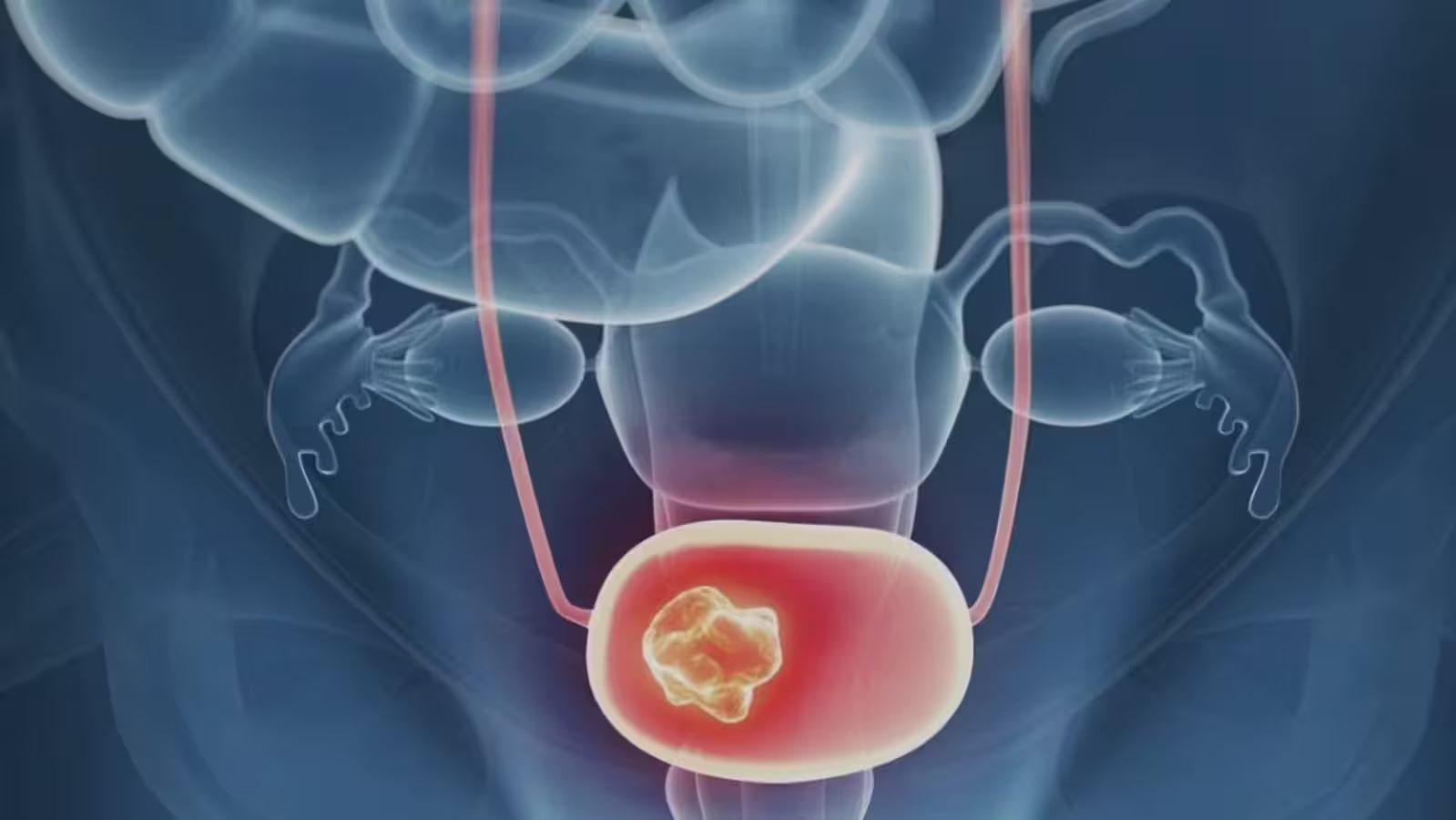
Understanding bladder cancer prognosis involves looking at survival rates, treatment options, and factors that influence outcomes. Bladder cancer prognosis varies widely among individuals, depending on the cancer's stage, grade, and the patient's overall health. Early detection plays a crucial role in improving survival rates, as treatments are more effective in the initial stages. Advances in medical research have led to innovative treatments that offer hope and improved quality of life for many patients. Lifestyle choices, such as quitting smoking, can also positively impact prognosis. This guide aims to shed light on the key aspects of bladder cancer prognosis, offering valuable insights for patients, families, and caregivers navigating this challenging journey.
Understanding Bladder Cancer Prognosis
Bladder cancer prognosis can be a complex topic. Knowing the facts can help patients and their families navigate this challenging journey. Here are some key points to consider.
Survival Rates
Survival rates provide a general idea of the outlook for people with bladder cancer. These rates are based on large groups of people and cannot predict individual outcomes.
- Five-Year Survival Rate: The five-year survival rate for bladder cancer is around 77%. This means that 77% of people diagnosed with bladder cancer are still alive five years after their diagnosis.
- Stage-Specific Survival Rates: Early-stage bladder cancer has a higher survival rate. For instance, the five-year survival rate for stage 0 bladder cancer is about 98%, while stage IV drops to around 15%.
Factors Affecting Prognosis
Several factors can influence the prognosis of bladder cancer. Understanding these can provide a clearer picture of what to expect.
- Tumor Grade: High-grade tumors are more aggressive and have a worse prognosis compared to low-grade tumors.
- Tumor Stage: The stage at diagnosis significantly impacts prognosis. Early detection generally leads to better outcomes.
- Patient Age: Younger patients tend to have a better prognosis than older patients.
- Overall Health: Patients in good overall health typically have a better prognosis as they can better tolerate treatments.
Treatment Options
Treatment options for bladder cancer vary and can affect the prognosis. Knowing the available treatments can help in making informed decisions.
- Surgery: Surgical removal of the tumor is a common treatment. The type of surgery depends on the cancer stage.
- Chemotherapy: Chemotherapy can be used before or after surgery to kill cancer cells. It can also be used for advanced bladder cancer.
- Immunotherapy: This treatment helps the immune system fight cancer. It can be effective for certain types of bladder cancer.
- Radiation Therapy: Radiation therapy uses high-energy rays to kill cancer cells. It is often used in combination with other treatments.
Recurrence and Follow-Up
Bladder cancer has a high recurrence rate, making follow-up care crucial. Understanding the likelihood of recurrence can help in planning long-term care.
- Recurrence Rate: Bladder cancer has a recurrence rate of about 50-80%. Regular follow-up tests are essential to catch any recurrence early.
- Follow-Up Schedule: Patients typically need follow-up cystoscopies every three to six months for the first few years after treatment.
Lifestyle and Support
Lifestyle changes and support systems play a vital role in managing bladder cancer prognosis. These factors can improve quality of life and potentially impact outcomes.
- Healthy Diet: A balanced diet can help maintain overall health and support recovery.
- Quit Smoking: Smoking is a significant risk factor for bladder cancer. Quitting smoking can improve prognosis and reduce the risk of recurrence.
- Support Groups: Joining a support group can provide emotional support and practical advice from others who have experienced bladder cancer.
A Final Look at Bladder Cancer Prognosis
Understanding bladder cancer prognosis is crucial for patients and their loved ones. With advancements in medical research, treatments have become more effective, offering hope and extending lives. Key factors like the cancer stage, grade, and patient's overall health play a significant role in determining the outlook. Early detection remains vital, significantly improving survival rates. Support from healthcare teams, access to cutting-edge treatments, and a focus on a healthy lifestyle can all contribute to a better prognosis. Remember, every patient's journey is unique, and staying informed about the latest developments in bladder cancer research can empower individuals to make informed decisions about their care. Let's keep pushing forward, armed with knowledge and optimism, to face bladder cancer with strength and resilience.
Was this page helpful?
Our commitment to delivering trustworthy and engaging content is at the heart of what we do. Each fact on our site is contributed by real users like you, bringing a wealth of diverse insights and information. To ensure the highest standards of accuracy and reliability, our dedicated editors meticulously review each submission. This process guarantees that the facts we share are not only fascinating but also credible. Trust in our commitment to quality and authenticity as you explore and learn with us.


